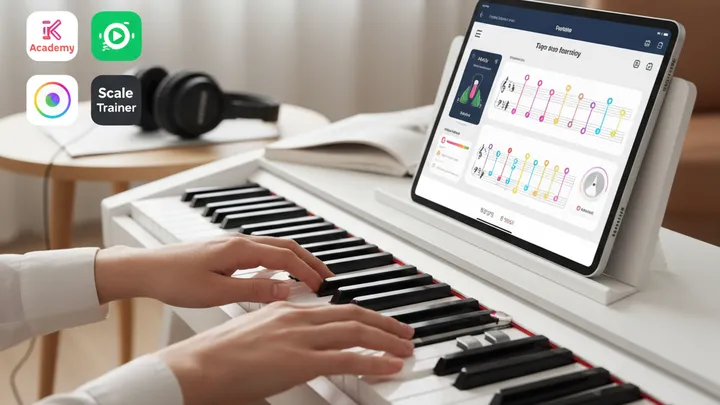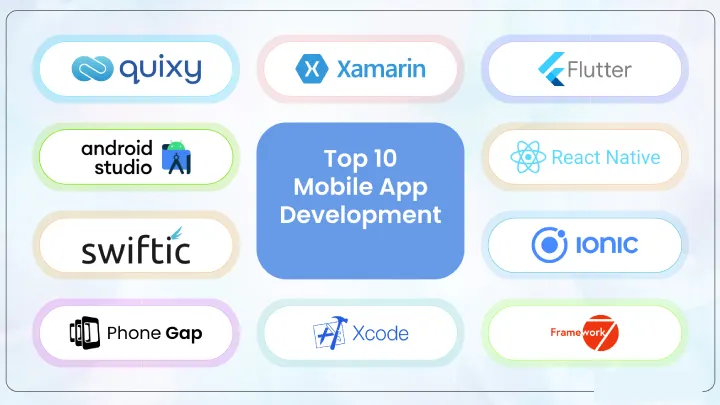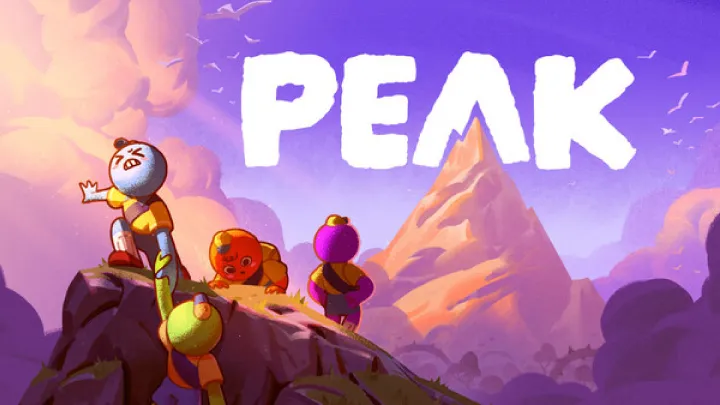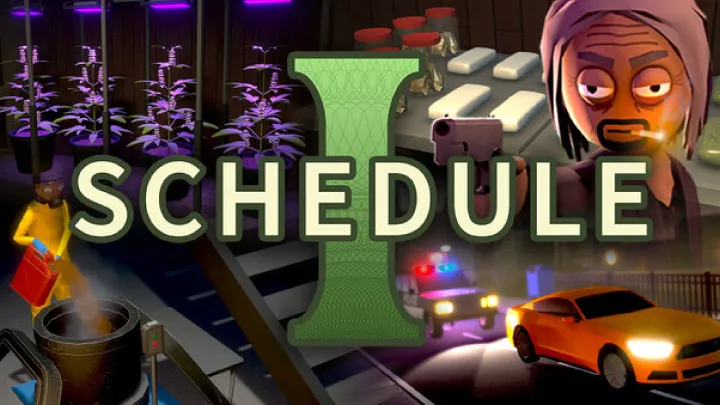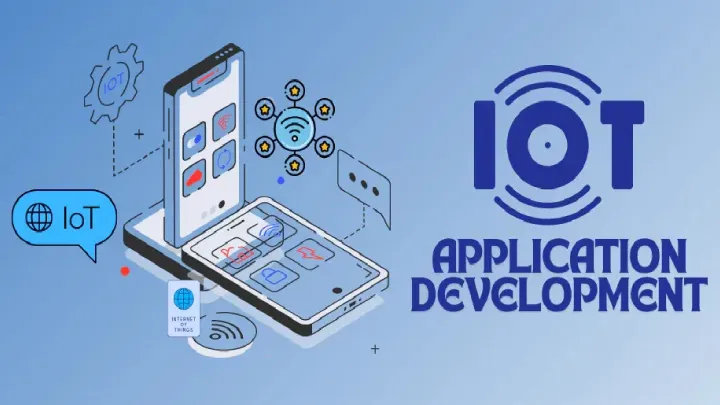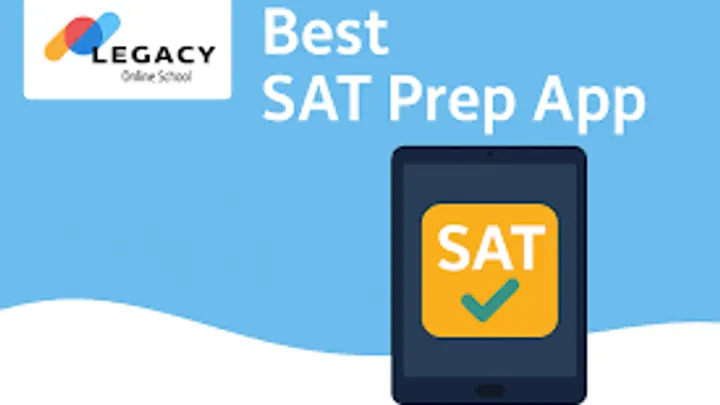Learning to play the piano has long been seen as a skill that requires time, dedication, and access to traditional lessons. In today’s digital world, however, piano learning has been transformed by technology. From interactive tutorials to real-time feedback and gamified challenges, modern piano learning apps bring music education to your fingertips. Whether you’re a complete beginner or an advanced pianist looking to sharpen your skills, these apps make learning both fun and accessible.
In this article, we’ll explore the best apps for piano learning, their standout features, and how they can help you master the art of piano playing in 2025.
1. Simply Piano by JoyTunes – Beginner-Friendly Piano Mastery
Simply Piano has become one of the most popular apps for beginners who want to learn piano in a structured, enjoyable way. Designed with interactive lessons and instant feedback, it’s suitable for both kids and adults.
Key Features:
- Step-by-step tutorials that guide you from basic notes to full songs.
- A large library of popular songs across genres.
- Real-time feedback using your device’s microphone.
- Fun gamified challenges to keep practice engaging.
Why It Stands Out:
Simply Piano is designed to make learning feel like a game. The app listens as you play and provides instant corrections, making it easy for learners to track their progress and stay motivated.
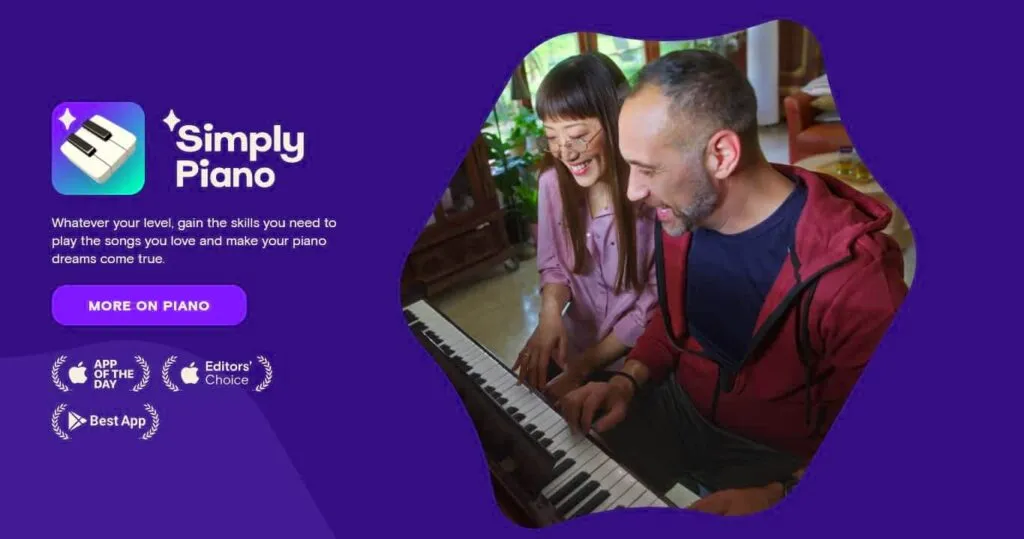
2. Flowkey – Learn Piano at Your Own Pace
Flowkey is perfect for those who want flexibility in learning. The app caters to different skill levels, from beginners to advanced players, and offers thousands of songs to practice.
Key Features:
- High-quality video tutorials from professional pianists.
- A wide selection of songs, from classical to modern hits.
- Hands-on exercises to improve technique.
- Works with both acoustic and digital pianos.
Why It Stands Out:
Flowkey allows you to learn songs you actually enjoy. Its combination of visual guidance, interactive exercises, and sheet music helps players connect technique with real music, making practice both practical and enjoyable.
3. Yousician – Gamified Piano Learning
Yousician is a multi-instrument learning app, but its piano program is especially popular. With its gamified approach, it transforms practice into a fun, video-game-like experience.
Key Features:
- Real-time feedback with progress tracking.
- Structured lessons covering chords, scales, and songs.
- Challenges and leaderboards to compete with other learners.
- Step-by-step progression from beginner to advanced levels.
Why It Stands Out:
Yousician is perfect for learners who thrive on motivation and competition. The app tracks accuracy and timing, making practice interactive and rewarding.
4. Pianote – Guided Lessons with Real Teachers
Pianote is more than just an app—it’s a full online piano learning platform with access to real instructors. Combining video lessons with personalized feedback, it feels like a digital music school.
Key Features:
- Video lessons from professional piano teachers.
- Access to live Q&A sessions and feedback.
- Lesson plans for different skill levels.
- A supportive online piano community.
Why It Stands Out:
Unlike many apps, Pianote provides human interaction. The ability to get advice directly from instructors makes it feel personal, helping learners build strong technique and confidence.
5. Playground Sessions – Co-Created with Music Legends
Playground Sessions was co-created by music icon Quincy Jones and offers professional-level piano training with a user-friendly design. It blends interactive lessons with real music theory and song practice.
Key Features:
- Lessons designed by renowned pianists and educators.
- Progress tracking and interactive practice tools.
- Wide range of genres, from classical to pop hits.
- Integration with MIDI keyboards for accuracy.
Why It Stands Out:
Playground Sessions bridges the gap between formal piano education and app-based learning. It’s ideal for learners who want a balance of structured training and modern technology.
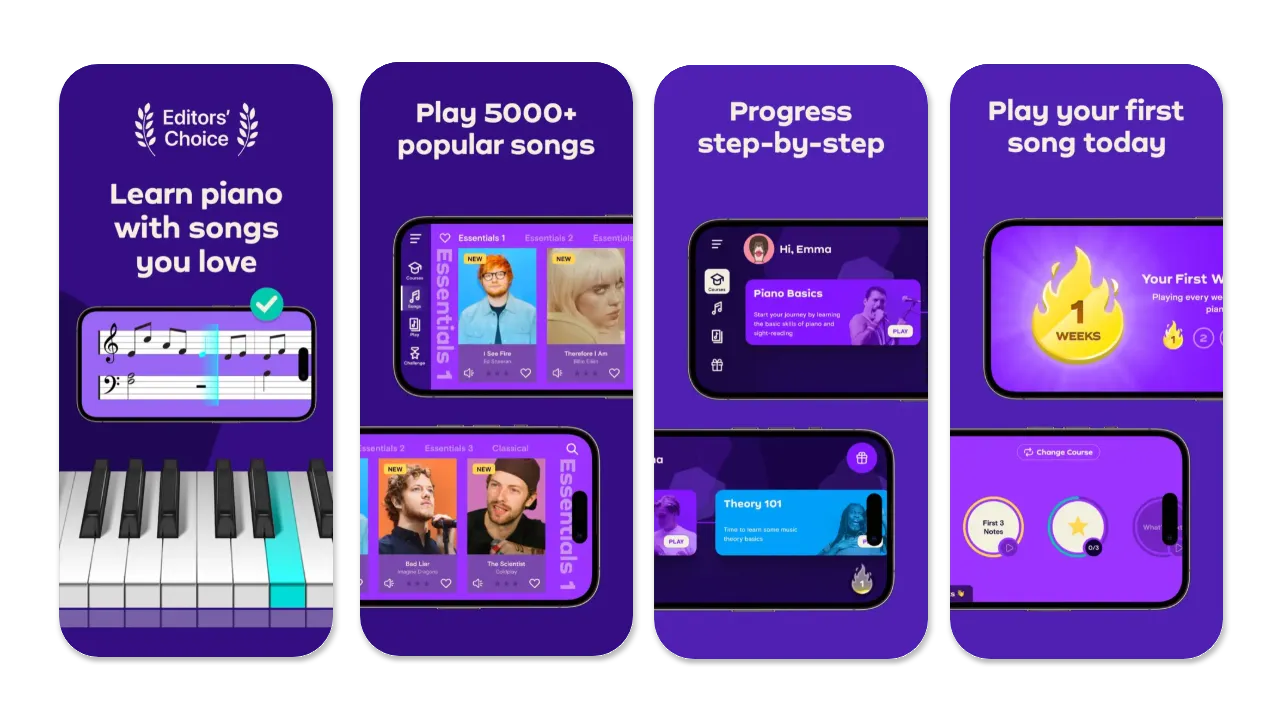
6. Perfect Piano – A Virtual Keyboard on Your Device
Perfect Piano is unique because it doubles as a learning tool and a virtual keyboard. It’s great for those who may not have access to a real piano but still want to practice.
Key Features:
- On-screen virtual keyboard with 88 keys.
- Multiplayer online mode to play with friends.
- Sheet music library and practice modes.
- Real-time feedback for accuracy.
Why It Stands Out:
Perfect Piano allows users to start learning even without a physical instrument. While it’s not a full replacement for real piano practice, it’s an excellent tool for beginners or those on the go.
Benefits of Using Piano Learning Apps
Learning piano with apps offers many advantages over traditional lessons. Here’s why more people are turning to digital learning:
- Accessibility: You can practice anytime, anywhere, without scheduling lessons.
- Affordability: Apps are often much cheaper than private lessons.
- Variety: Access to thousands of songs across multiple genres.
- Personalization: Many apps adapt lessons to your pace and skill level.
- Engagement: Gamification and interactive feedback keep motivation high.
Tips for Getting the Most Out of Piano Learning Apps
- Practice Consistently: Even 15–20 minutes daily can lead to significant progress.
- Use Headphones: For better focus and accurate feedback.
- Set Goals: Aim to learn a new song or master a technique each week.
- Combine Apps: Use one for structured lessons and another for fun challenges.
- Stay Patient: Piano learning takes time, but with consistency, results will come.
The Future of Piano Learning Apps
As technology advances, we can expect even more immersive piano learning experiences. AI-driven tools are already providing real-time corrections, but in the future, we may see:
- Virtual reality (VR) piano lessons for a classroom-like experience.
- AI-generated practice schedules tailored to individual progress.
- Augmented reality (AR) sheet music projected directly on keyboards.
- Community-driven global piano competitions via apps.
These innovations will continue to make piano learning more engaging, affordable, and accessible to everyone.
Conclusion
Piano learning is no longer limited to traditional lessons with a teacher. With apps like Simply Piano, Flowkey, Yousician, Pianote, Playground Sessions, and Perfect Piano, learners have the tools they need to master the piano at their own pace.
Whether you’re a beginner eager to play your first song, a hobbyist wanting to expand your skills, or an advanced player looking to refine techniques, these apps offer personalized paths to success.
By combining consistency, dedication, and the right app, anyone can unlock the joy of piano playing in 2025 and beyond.









